The journey to greater awareness of where our food comes from and how it's managed is largely driven for most of us on a path to eating healthier. But there is a more important and sustainable reason to care about food origin because it impacts the quality of the food, the proliferation of our food sources and the impact on use of pesticides, antibiotics, carbon emissions, global warming—the list goes on!
What is Ethical Honey?
We call this ethical food and it requires at its core a heavy dose humanity. Setting out on this journey might require us to become vegan, vegetarian or to consume only meat and fish products that are harvested naturally (vs. farm raised). Further, we may consume only sustainably and ethically raised animals (i.e., free-range/pasture-raised, certified humane or MSC certified).
What's missing? There isn't any labeling today that relates to ethical honey. We are becoming aware of the benefits of raw honey vs. pasteurized which removes much of the medicinal qualities of honey. How are bees raised, what do they eat, and how does that relate to a higher quality of honey?
Defined, ethical honey requires the following:
- Honeybees should be availed to diets that are naturally intended (e.g., diverse, from plants only, with proper access to a water source, etc.)
- Honeybees should be exposed to an environment that is non-restrictive and free roaming with minimal human disruption
- Honeybees should be raised in areas that are in or as close to a natural habitat so they can mimic their activity as they would in the wild
The fundamental reason this matters is because animals that are raised in a more natural and cruelty-free environment create healthier products whilst contributing to nature's ecosystem. Today's honey is largely harvested from factory-farmed bees that are wholly focused on honey volume over honey quality. It compromises the health of the honeybees themselves.
Ethical Honey Raising & Harvesting Best Practices
- Create a Natural Hive Structure: honeybees are naturally hard workers and extremely productive. It's a highly sophisticated ecosystem and bees create hives that they can naturally manage. Commercial honey producers will enlarge the hive and force bees to work harder than the colony needs to yield more honey to sustain them through the winter. Overworked bees are more susceptible to sickness and even death in order to sustain the colony.
- Harvest Only What is Needed: A healthy hive over the course of Spring and Summer should have enough honey to feed the colony through the cold months. Beekeepers should not harvest honey until the Spring to ensure that bees have enough food to survive the winter. Today's industrial honey producers extract most or all of the honey in the Fall just when honeybees need it the most.
- Avoid Feeding Bees Un-Natural Food: It's a common practice today to feed honeybees sugar water or worse, high fructose corn syrup, both of which lack proper nutrition and therefore honeybees become susceptible to pathogens and parasites. This level of malnutrition all but ensures bees won't survive Winter.
- Source Only Local Bees Raised Organically + Sustainably: The best source of bees will most likely come from your local bee club that's registered with your state offices. These bees are native to your region and have been acclimated to environmental conditions. Although bees can travel long distance, it is stressful and exposes them to malnutrition because they are fed the same nutrition-less sweeteners during the trip. Commercial beekeepers rent their bees to conventional farms (instead of organic or biodynamic farms). When this happens, the bees are exposed to pesticides and other chemical farming by way of the nectar they’ve gathered. These toxins are inadvertently fed to the drones, the queen, the young brood (bee larvae) and ultimately to us when we eat their honey.
- Naturally Promote the Queen Bee: The queen bee is responsible for the survival of the entire hive. Once she becomes less productive, she's replaced by another queen. The process by which she mates with the drones can at times result in a hive dividing their colony whereby 50-60% of the bees swarm to a nearby location for a bit before they find a new home. Commercial beekeepers will suppress swarming for fear of losing their bee population often in cruel ways (i.e., clipping the queen's wings to prevent her from leaving the hive). Beyond the pain inflicted on the queen bee, it also weakens the gene pool making the new generation more susceptible to pathogens and parasites. Furthermore, getting in the way of natural selection risks survival of all future colonies.
Sustainable, Ethical and Raw--Honey At It's Best
Unfortunately, most honey producers are not practicing ethical, biodynamic beekeeping. When you buy your honey from beekeepers who are founded in these practices, you're ensuring the survival of honeybees. Look for honey that is labeled as raw, unfiltered, organic, or biodynamic. The following are requirements for ethical beekeeping:
- Queens and brood are bread locally and naturally.
- Honeybees are allowed to engage in natural swarming to expand their colonies.
- Honeybees are allowed to build their own hives.
- Honeybees are in an environment that allows them to forage from organic or otherwise chemical-free flowering plants and vegetables.
- Their diet is biodiverse
- Hives are treated organically (instead of chemically) for treatment of parasites
- Honeybees are never treated with antibiotics
- Hives are made of wood, straw or clay instead of plastic.
- Honeybees are never rented for commercial pollination.
- Honey is harvested in the Spring and enough honey is left for their survival (for emergency situation and/or to supplement hives).
Honeybees and Their Honey are Our Lifeblood
Honeybees need our respect and care. They are our link to humanity. Their health is directly linked to our health and survival. It is also important to remember that their honey, beeswax, pollen and propolis should be harvested ethically.
"The whole beehive is permeated with life based on love. The honeybee derives its sustenance from the very parts of plants that are pervaded by the plant's love life. The bee sucks its nutrients and makes honey." —Bees by Rudolf Steiner, Gunther Hau
Raw infused honey, unlike commercial honey which lacks lacks pollen and propolis, raw infused honey contains all of these healthy food sources. When raw honey is infused with other botanicals, it's a vital and rick nutrient to our diets!

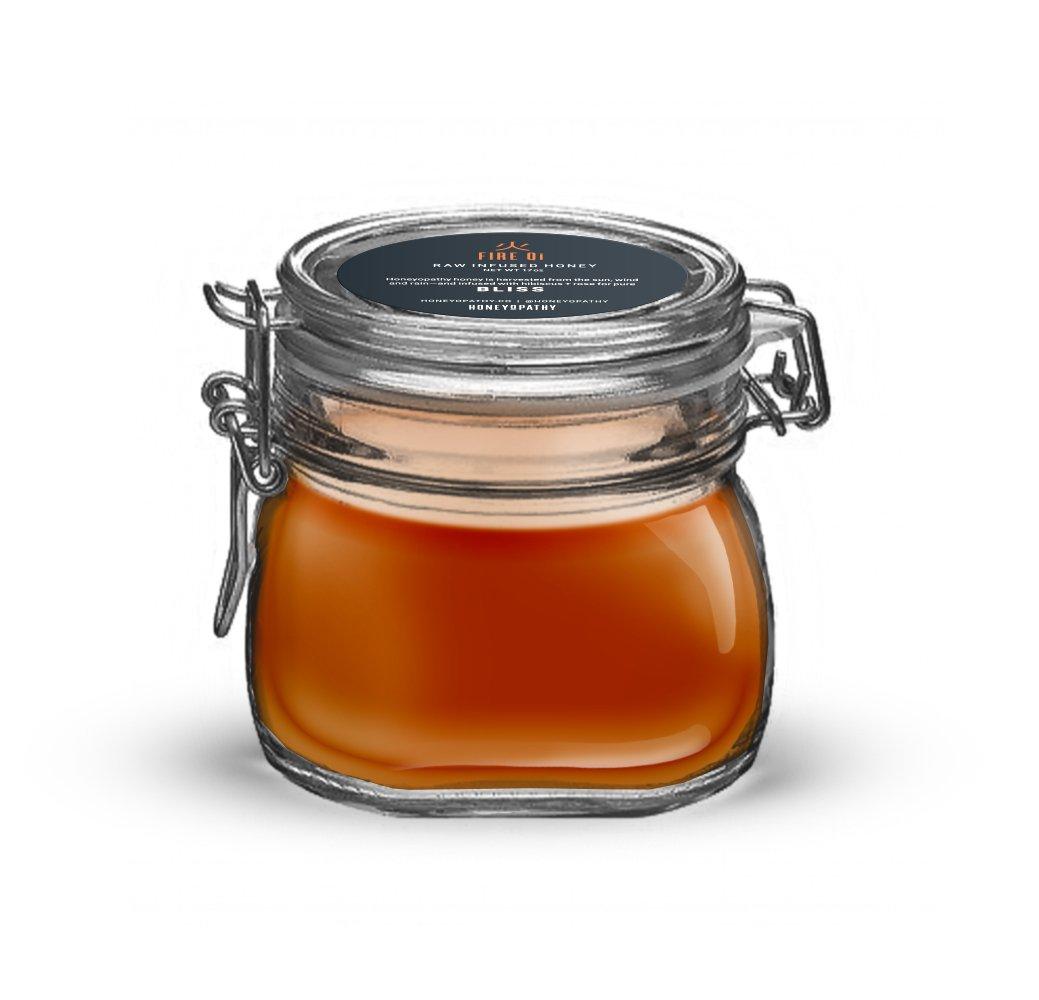

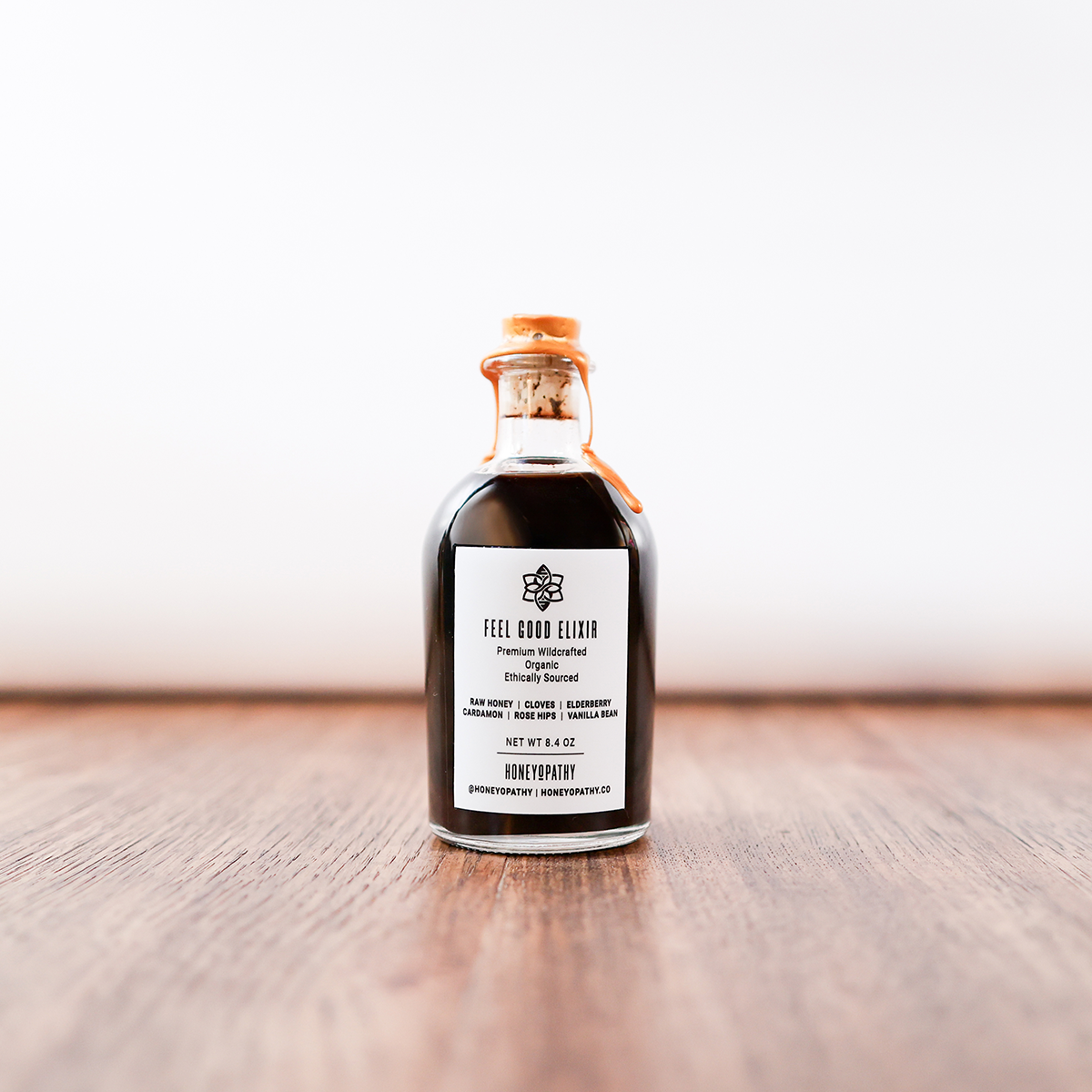

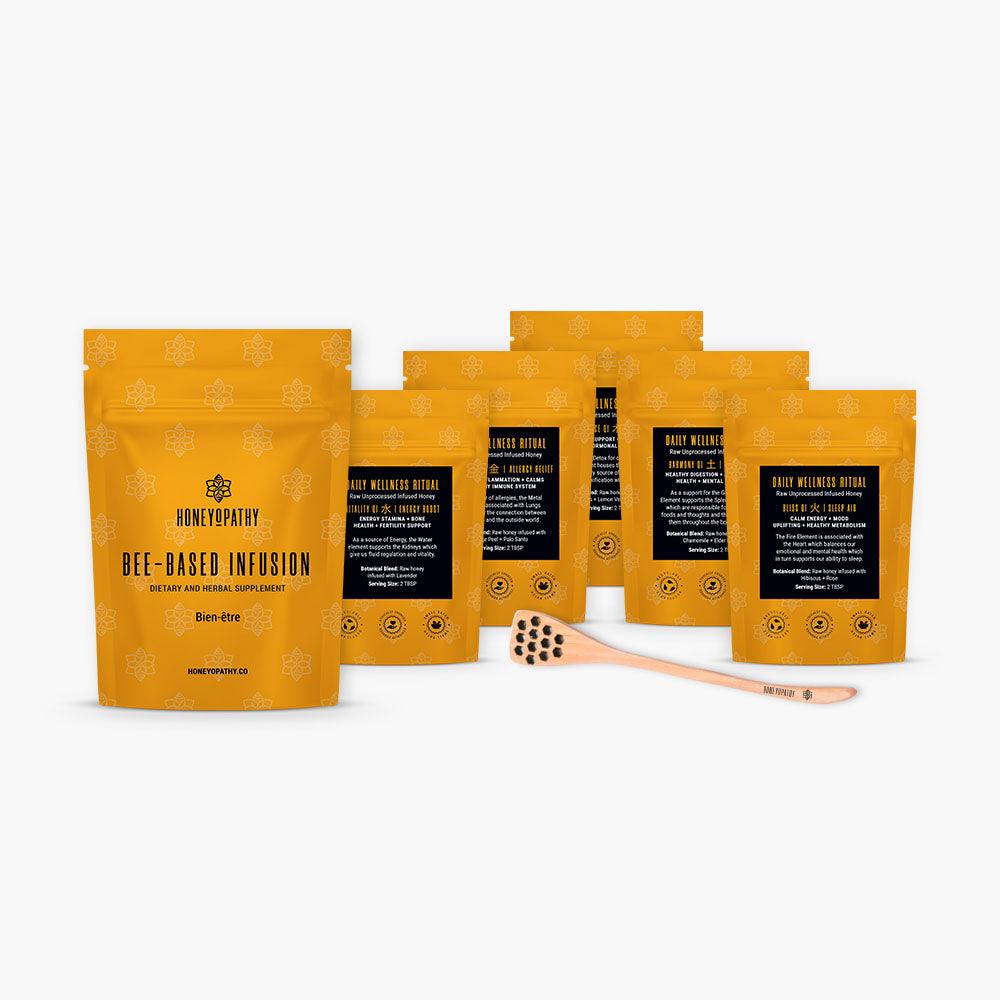
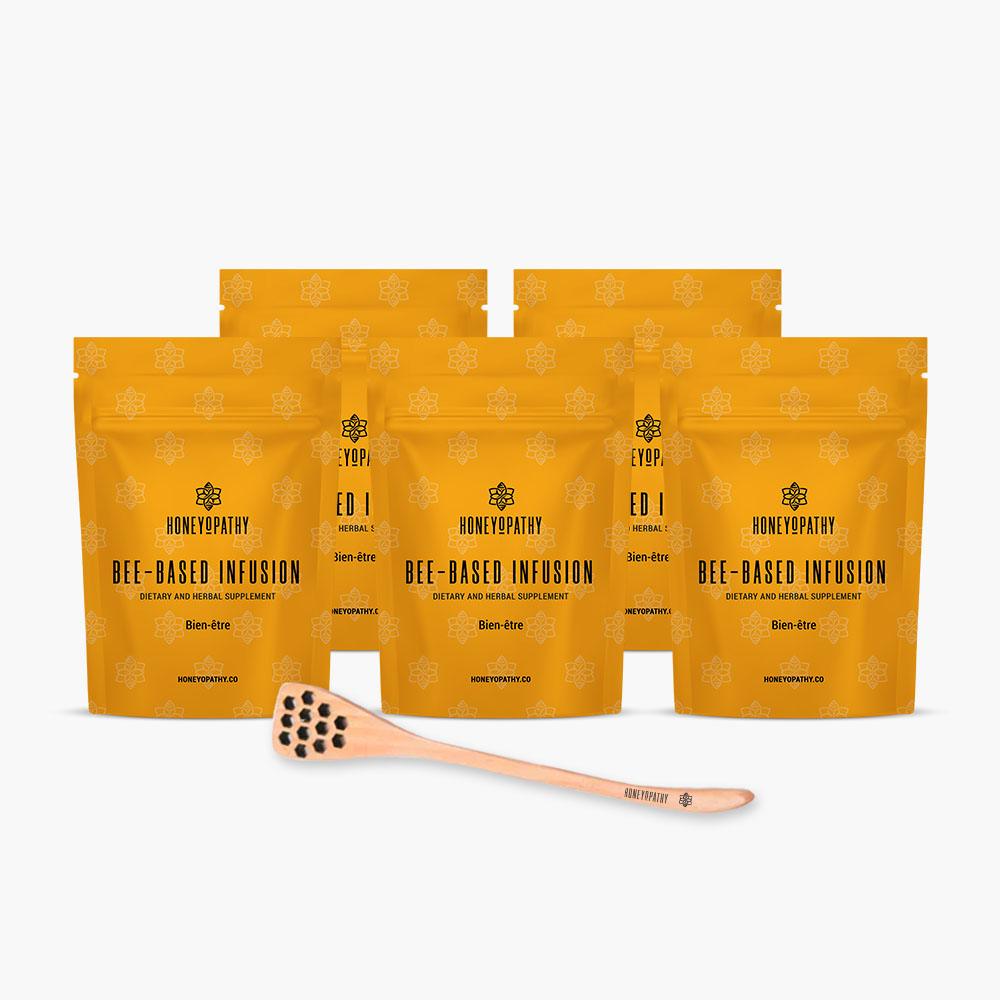
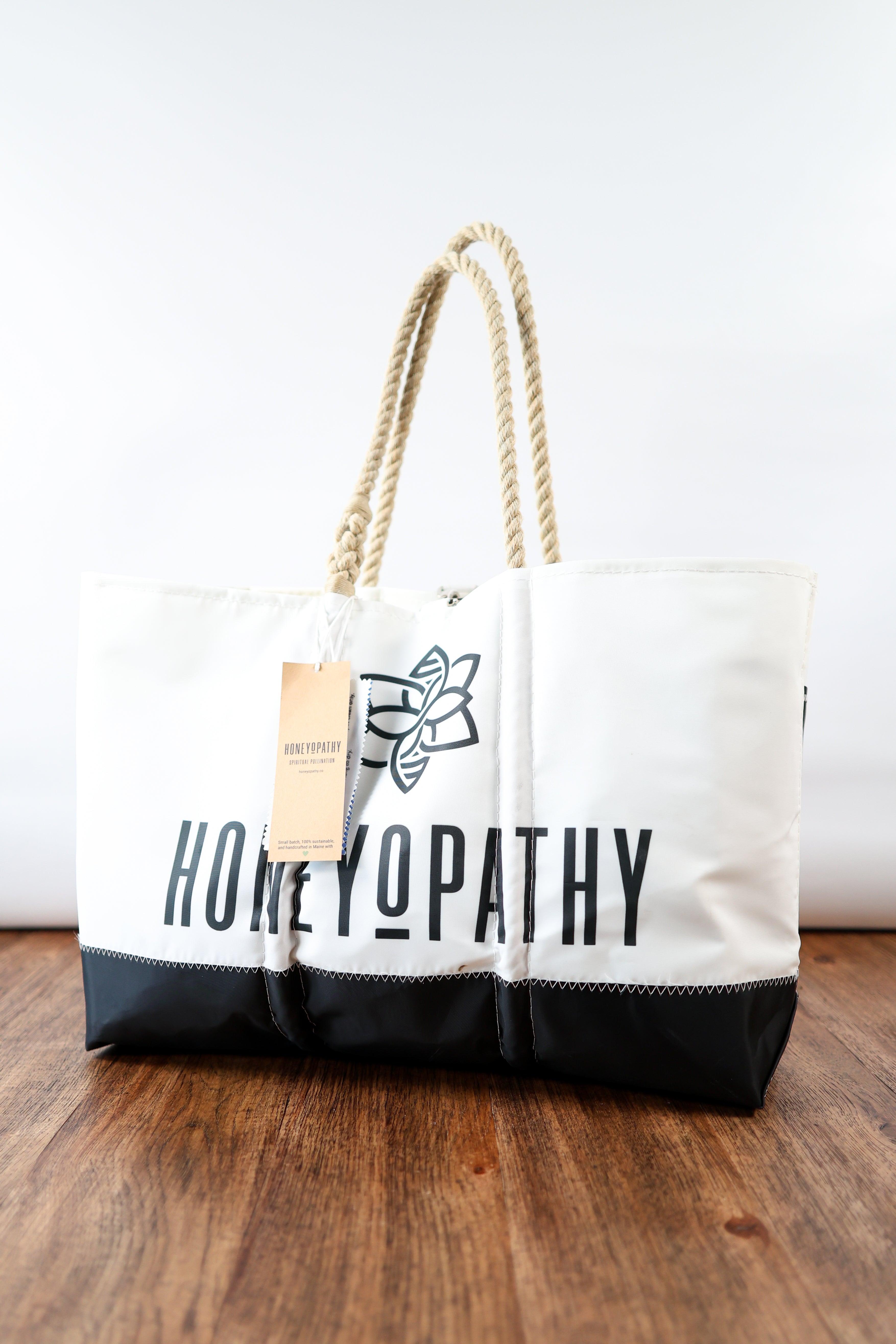
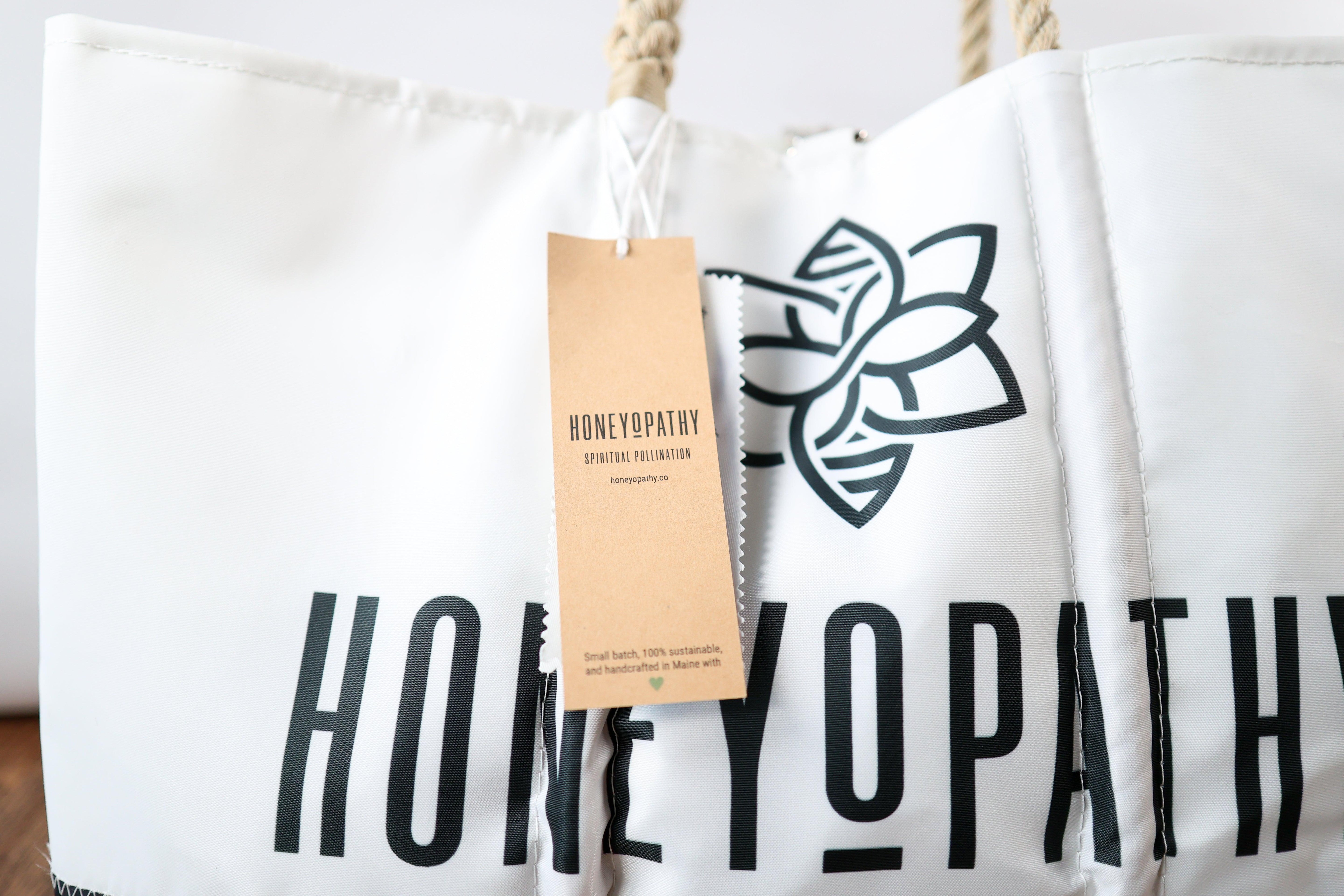

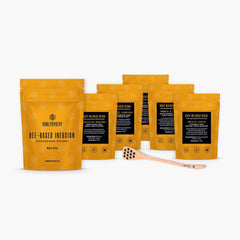






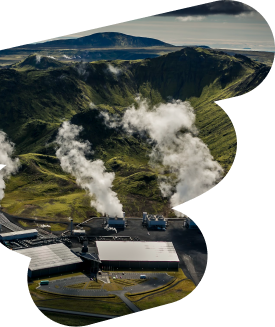

Leave a comment